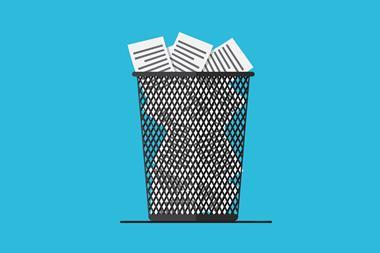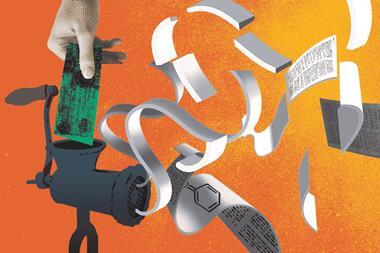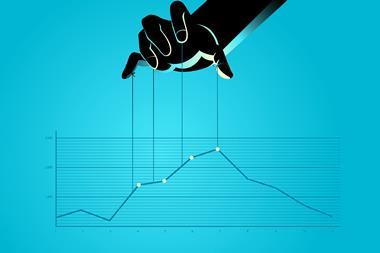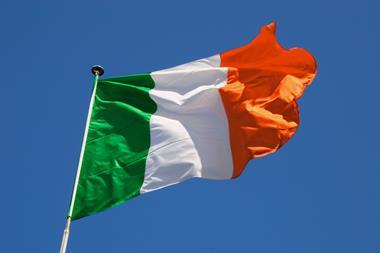China’s ministry of science and technology (Most) has sanctioned hundreds of researchers after an investigation concluded that they had published studies using fraudulent practices.
On 1 December, Most announced the outcome of its probe into 235 allegedly fake papers, with the agency concluding that 119 are definitely fraudulent.
‘That’s a very conservative number,’ concludes Xiaotian Chen, an information scientist at Bradley University in Peoria, Illinois. Chen notes that microbiologist-turned-science integrity expert Elisabeth Bik based in San Francisco, California, has flagged hundreds more fake studies that are produced by so-called paper mills, which churn out fake but plausible papers for cash.
The announcement is the latest development in China’s crackdown on fake-paper factories in the country. In October, two other major research funders in China – the National Health Commission of the People’s Republic of China (NHC) and the National Natural Science Foundation of China (NSFC) – revealed that they had collectively punished at least 23 researchers for using paper mills.
In September 2020, Most introduced new rules to target paper mills and other forms of research misconduct.
In the latest investigation, Most says it has already penalised the 293 researchers who collectively claimed to have authored the 119 studies found to be fake, the agency said in its statement.
Most temporarily banned 255 of those researchers from federal funding, while recovering bonuses from 42 academics to the tune of RMB460,000 (£54,500), and revoking the degrees of nine researchers caught up in the scandal.
Most didn’t specify which degrees they revoked but Chen thinks they are likely to be doctorates. Additionally, 20 researchers had their professional titles revoked and 155 had their promotions temporarily revoked.
Chen is pleased by the latest announcement. ‘They have been slow in doing this, but a step forward is a good step,’ he says. ‘This is proof that progress is being made.’
But Chen notes that Most and other funders should also go after those running the paper mills, who are open for business and advertising widely on the web including social media. ‘A lot of paper mills brag about their accomplishments on the internet.’
‘While punishments for the authors on these falsified papers will serve as a deterrent to people planning to do something similar in the future, it would be even better if the ministry would shut down the scientific paper mills themselves,’ agrees Bik. Dropping the requirement for trainee medical doctors to publish a peer-reviewed paper to secure a clinical position at a hospital will also help move away from widespread fraud, Bik adds.
‘It is this rule – which is very hard to fulfill for [medical doctors] who work long shifts in hospitals without time or facilities to do research – that has made a lot of these MDs “buy” an authorship on a fabricated paper, and it is this rule that has created paper mills who sell such papers to these doctors,’ Bik explains. ‘Forcing medical professionals without an interest or time to do research to write a paper was just not a great decision.’












1 Reader's comment